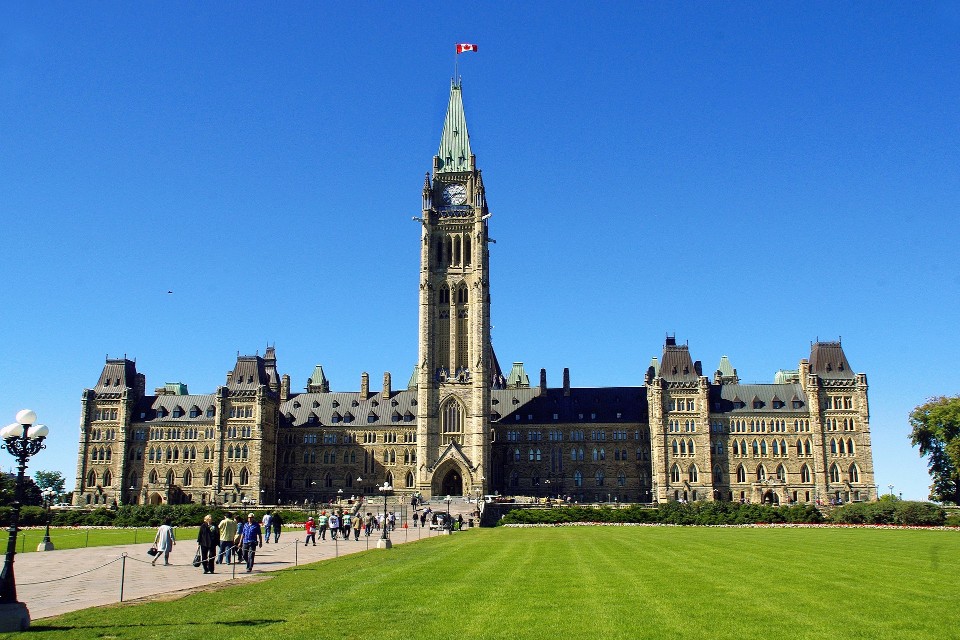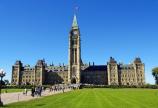Experts on clean energy 2023 federal budget
Peter B. Gustavson School of Business, Science, Social Sciences, Human and Social Development

The following University of Victoria experts are available to the media for comment on the Government of Canada’s Budget 2023, expected on Tuesday, March 28. The experts specialize in various facets of climate action.
Curran Crawford (Institute for Integrated Energy Systems/Mechanical Engineering) is an expert in sustainable energy systems design and operation. He can discuss renewable electricity generation and integration both on- and off-grid; energy storage and e-fuels; carbon dioxide removal and sequestration; and transportation electrification. (Email at curranc@uvic.ca)
Christina Hoicka (Geography/Engineering and Computer Science) studies how to accelerate the widespread adoption of low-carbon and renewable energy innovations to mitigate climate disruption. She is an expert on renewable energy transitions; renewable energy clusters; renewable energy industrial clusters; regional, rural and urban community involvement in energy transitions; and diffusion of low-carbon innovations to understand the risks, benefits and socio-economic impacts to communities. (Email at cehoicka@uvic.ca)
Tamara Krawchenko (Public Administration/Institute for Integrated Energy Systems at UVic) is an expert in comparative public policy and regional development. She can comment on sustainability/energy transitions and rural and regional development. (Email at tamarakrawchenko@uvic.ca)
Basma Majerbi (Gustavson School of Business) is an expert in sustainable finance and can speak to climate-related financial risk and impact investing for driving climate solutions and social change. (Email at majerbi@uvic.ca)
Ian Mauro (Pacific Institute for Climate Solutions/PICS) explores, in his research and filmmaking, climate science, society and sustainability, and the role of local and Indigenous knowledge. He has developed numerous award-winning climate-change initiatives, including the Climate Atlas of Canada, and Qapirangajuq: Inuit Knowledge and Climate Change, a film he co-directed with acclaimed Inuk filmmaker Zacharias Kunuk as part of his postdoctoral work at UVic. He has also served on expert panels related to energy issues and climate change across Canada. (Email at picscomm@uvic.ca)
Katya Rhodes (Public Administration/Institute for Integrated Energy Systems at UVic) is an expert in climate-policy design and low-carbon economy transitions. She can discuss impacts of climate policy on Canada’s greenhouse gas emissions and the economy. (Email at krhodes@uvic.ca)
Andrew Weaver (Earth and Ocean Sciences) is an international leader in climate modelling and analysis. He was a lead author of multiple International Panel on Climate Change (IPCC) assessments and former editor-in-chief of the Journal of Climate. As a climate scientist, former politician and one of the key architects of BC's CleanBC climate-change economic strategy, Weaver can discuss many aspects of the federal government’s plan to reach net-zero carbon emissions by 2050, as well as broader topics concerning the socio-economic and political challenges and opportunities associated with implementing climate-change solutions. (Email at weaver@uvic.ca)
Photos
Media contacts
University Communications + Marketing at 250-721-7641 or uvicnews@uvic.ca

